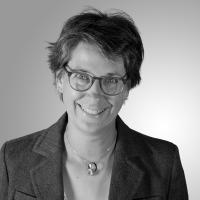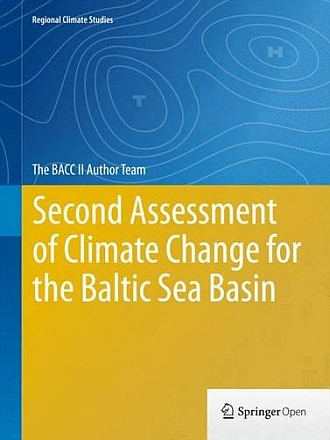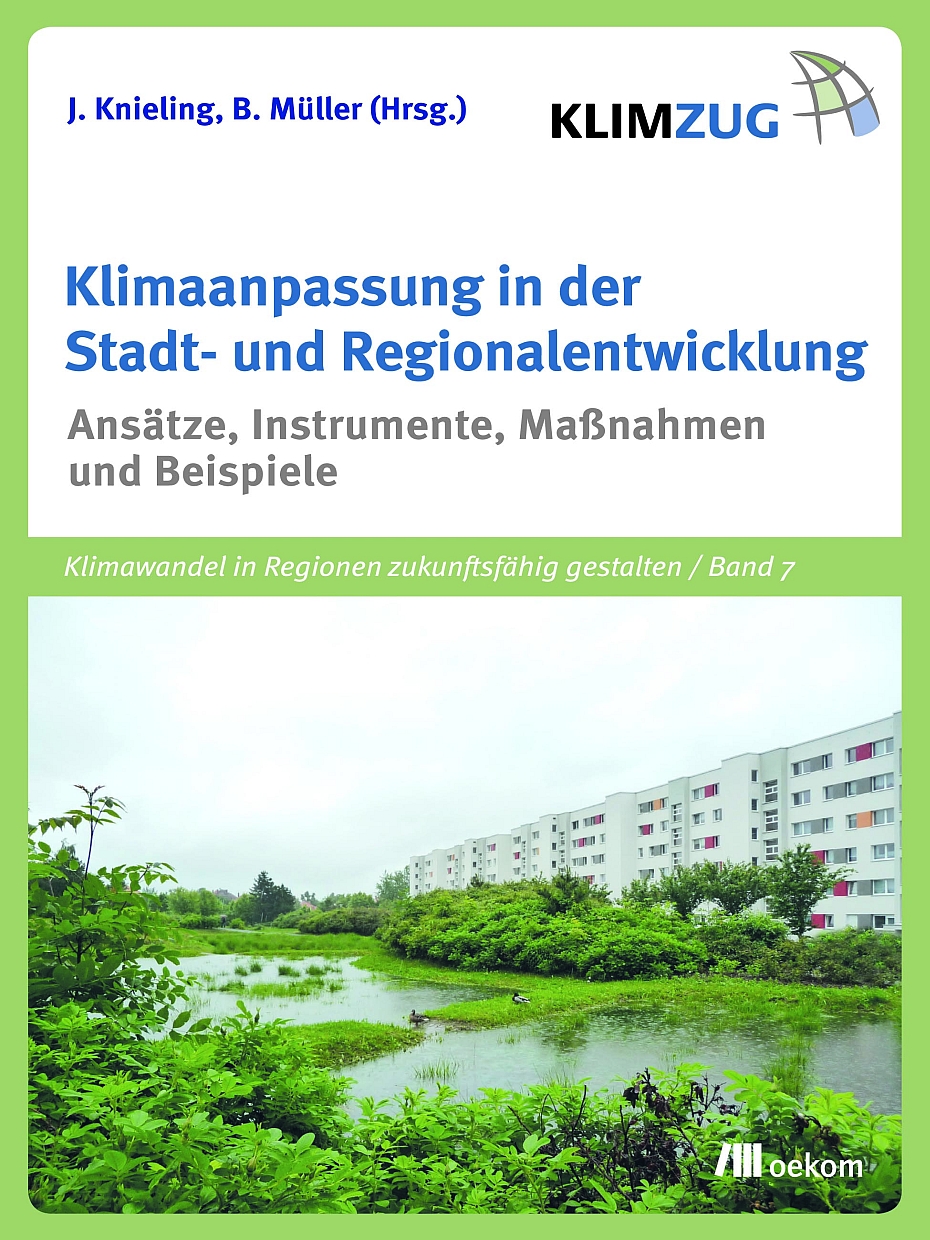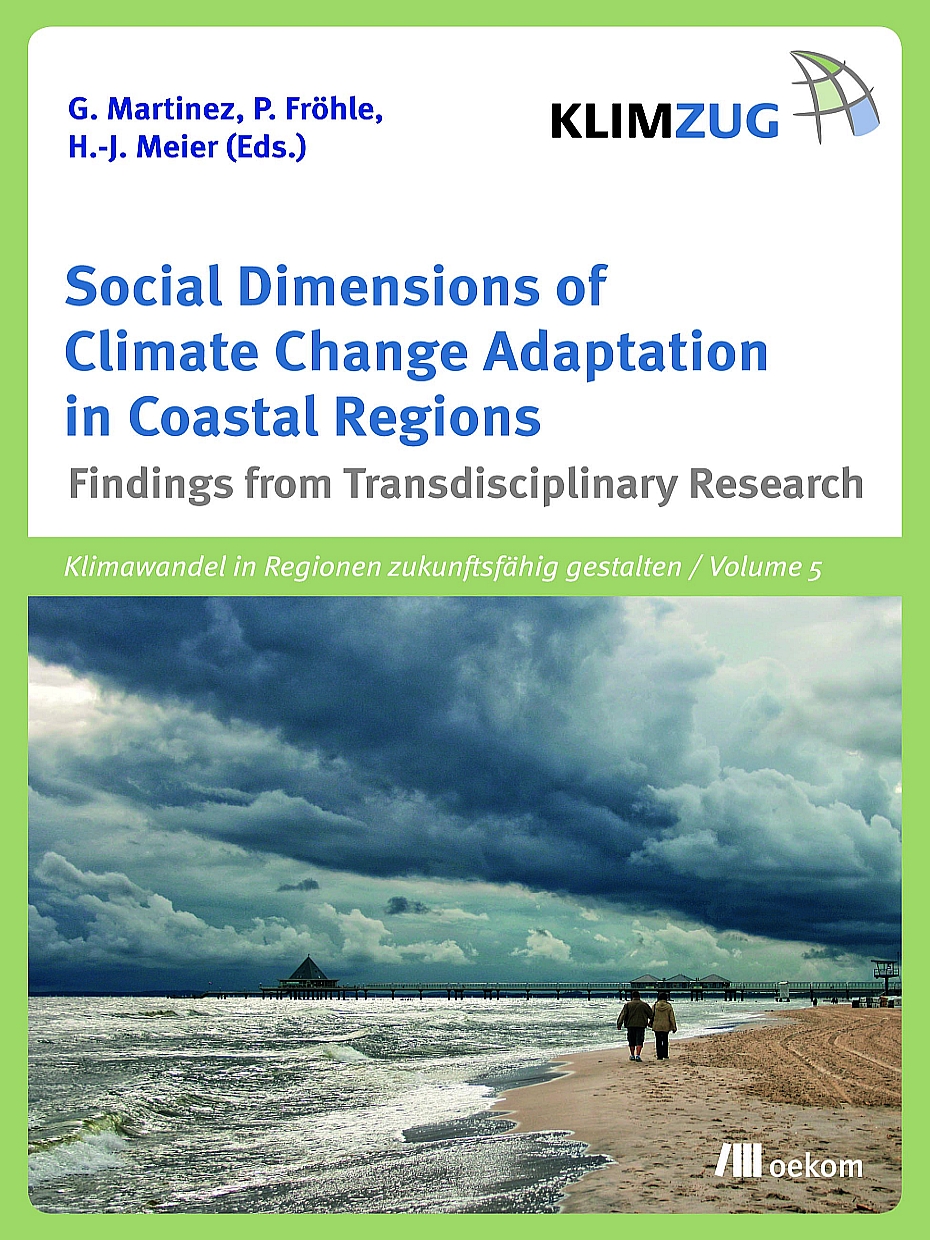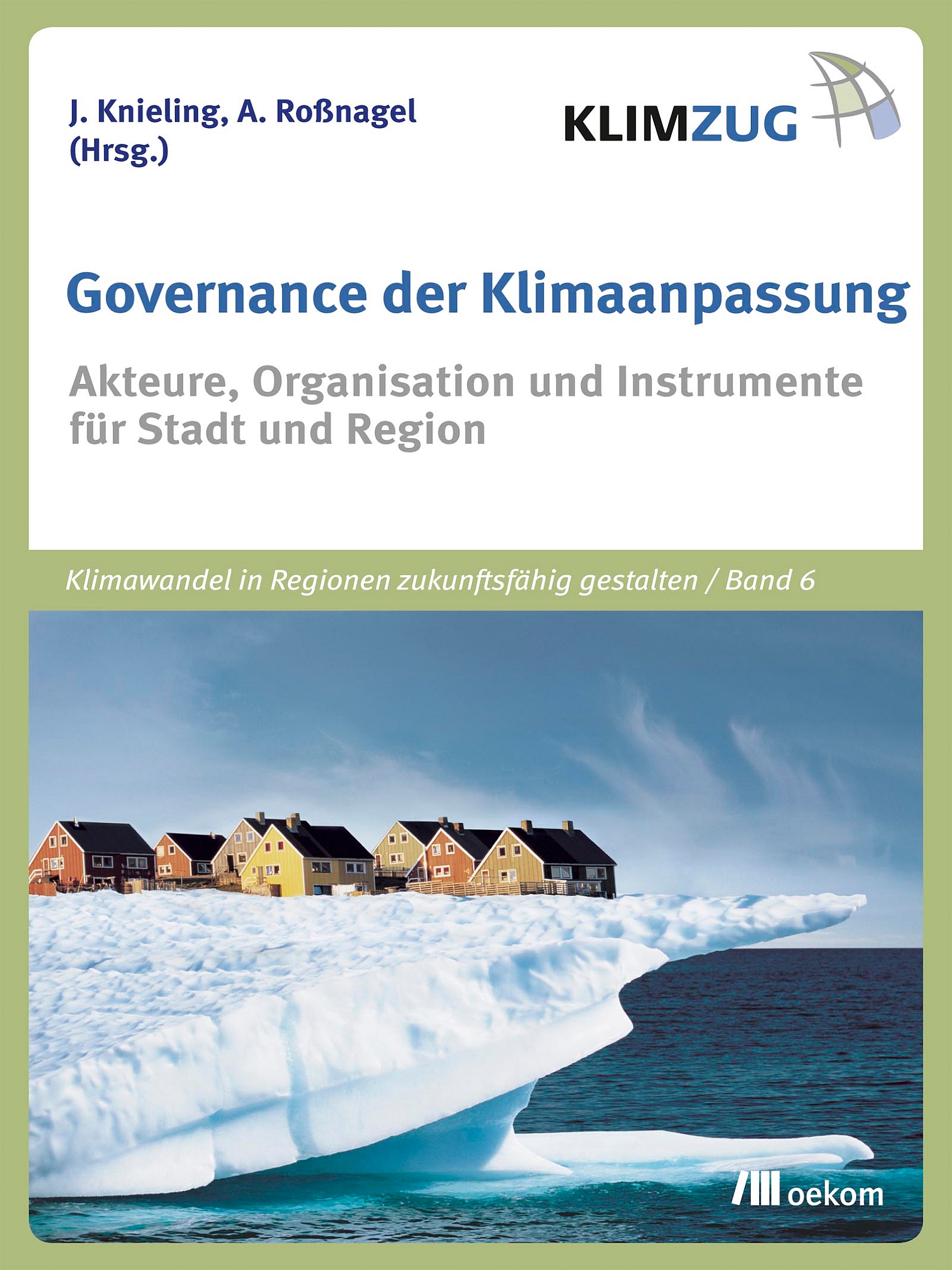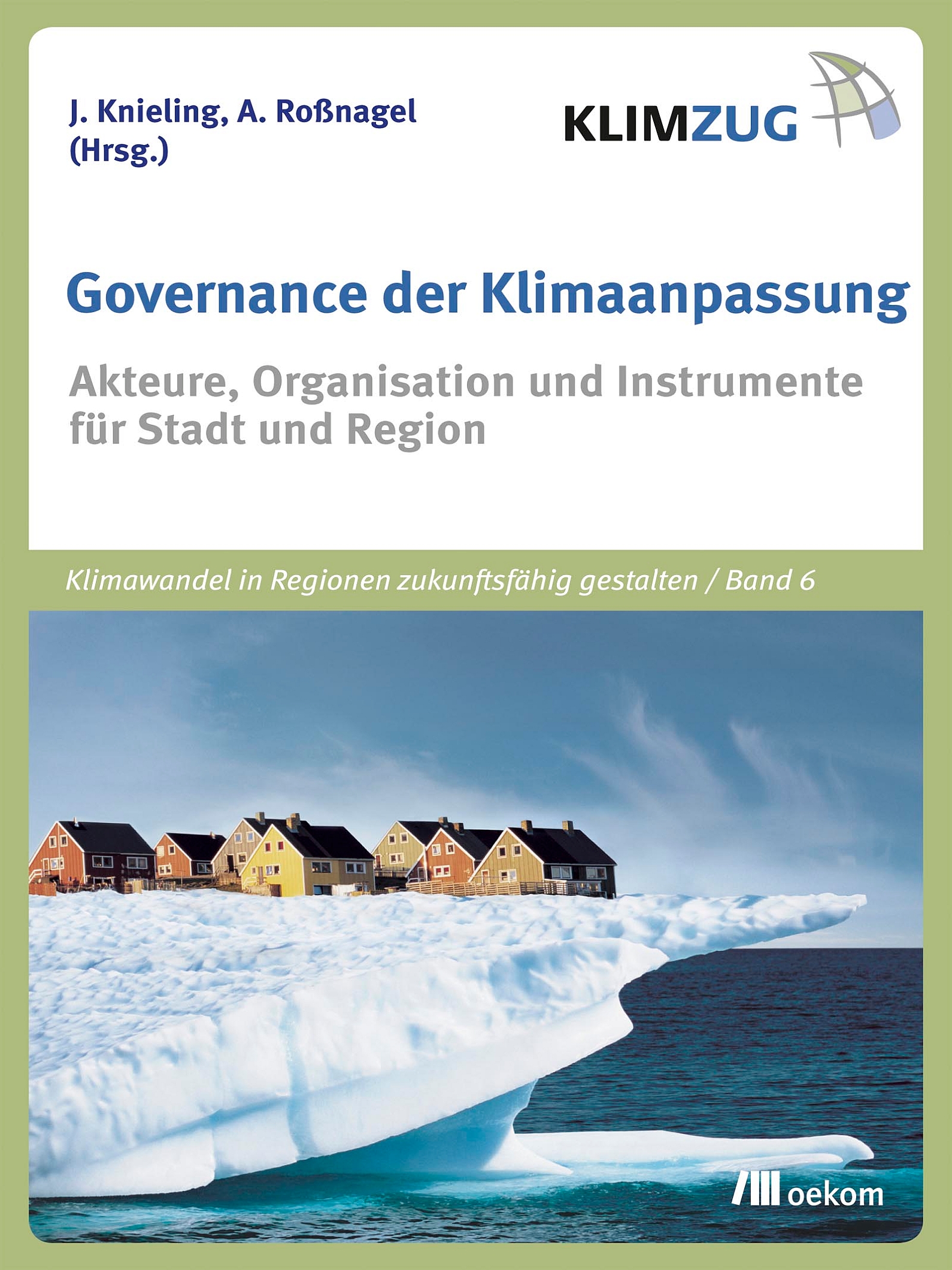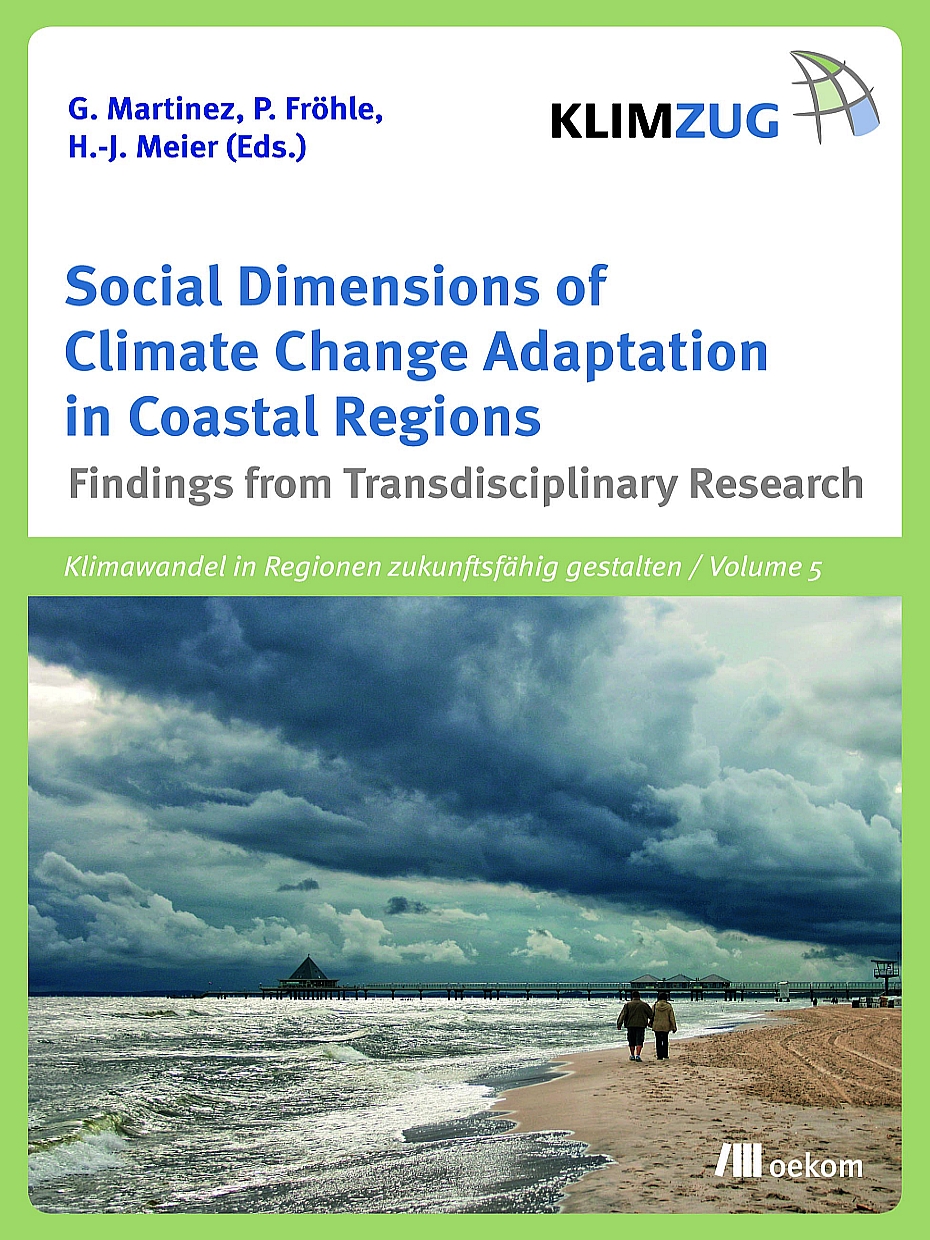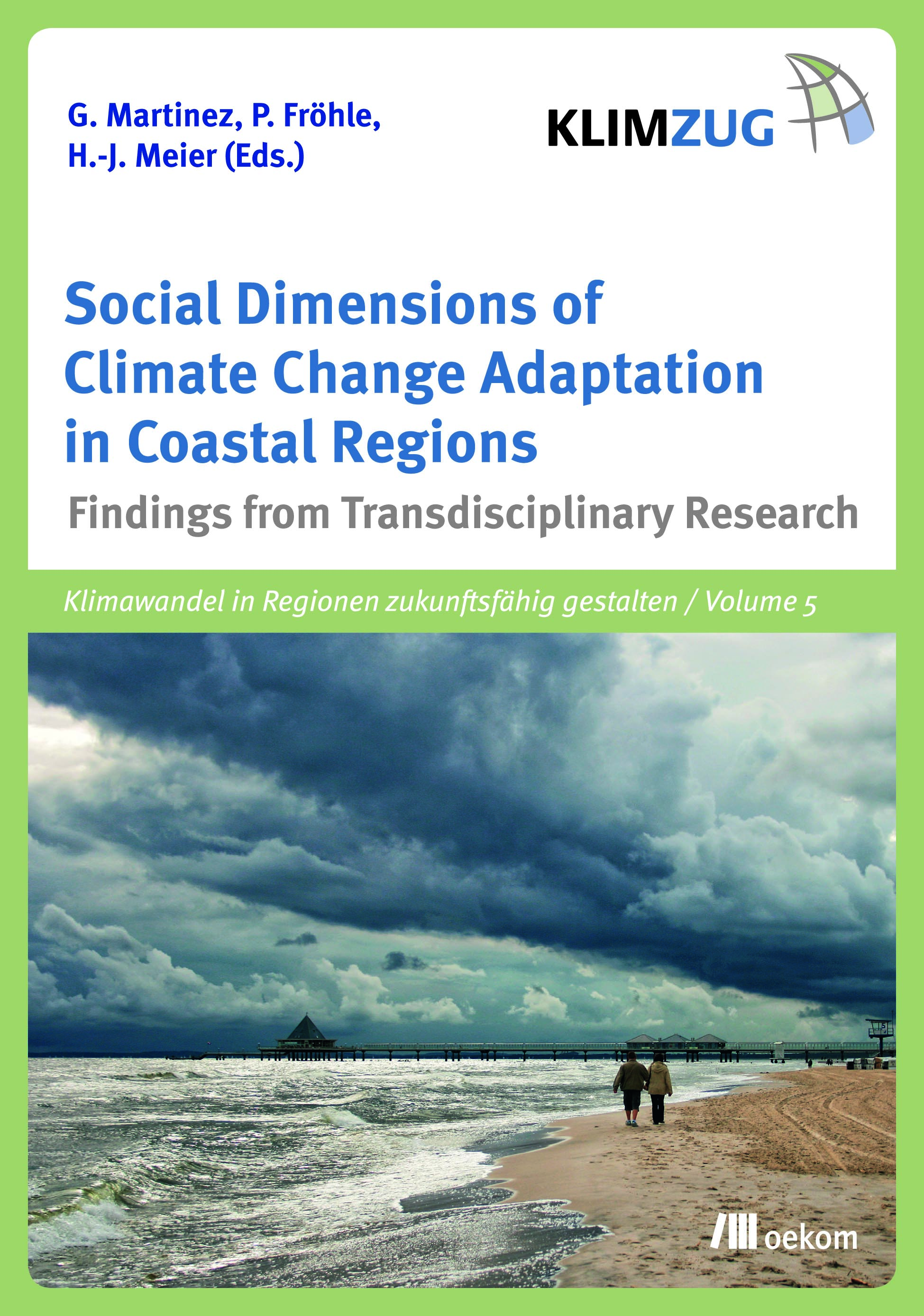RADOST Akteursanalyse – Teil II: Auswertung der Befragung von Akteuren aus Politik, Verwaltung und Zivilgesellschaft
Interessen, Nutzungsansprüche, Ziele und Konflikte relevanter Akteure der deutschen Ostseeküste vor dem Hintergrund des Klimawandels
- Publication
- Citation
Knoblauch, Doris; Zoritza Kiresiewa; Franziska Stuke and Anneke von Raggamby 2012: RADOST Akteursanalyse - Teil II: Auswertung der Befragung von Akteuren aus Politik, Verwaltung und Zivilgesellschaft. Ecologic Institute.
How do relevant stakeholders on the Baltic Sea Coast perceive climate change in their region? What adaptation measures are well known and which should be implemented? Additionally, who are the relevant stakeholders? These and other questions are answered in the first part of the RADOST stakeholder analysis, which was written by staff members of Ecologic Institute. The report is available for download.
Between April and December 2010, staff members of the Ecologic Institute conducted and evaluated 23 interviews with governmental and nongovernmental stakeholders in the German States of Mecklenburg-Western Pomerania and Schleswig-Holstein.
The consequences of climate change are predominately perceived as negative, especially rising sea levels, more storms, rising temperatures, summer drought, and more intense rainfall. These perceptions reflect and are largely consistent with the current state of science. However, there is significant uncertainty about the extent of these impacts on a regional or local level and about the vulnerability of particular regions.
In addition, there is a lack of knowledge and also consciousness about adaption measures to climate change: What has already been done and what measures (such as coastal protection) could also serve as a method for adaptation? These remain open questions for the stakeholders.
Most stakeholders agree that due to wide-ranging interest and the nature of land use in the region (such as tourism and nature conservation), many conflicts exist, and it is sometimes difficult to find compromises. Nevertheless, there are alliances and starting points for dialogue processes. Overall, the cooperation and integration of all affected stakeholders is seen by those surveyed as necessary for the development of a common adaptation strategy.
The report [pdf, 2 MB, German] is available for download.




